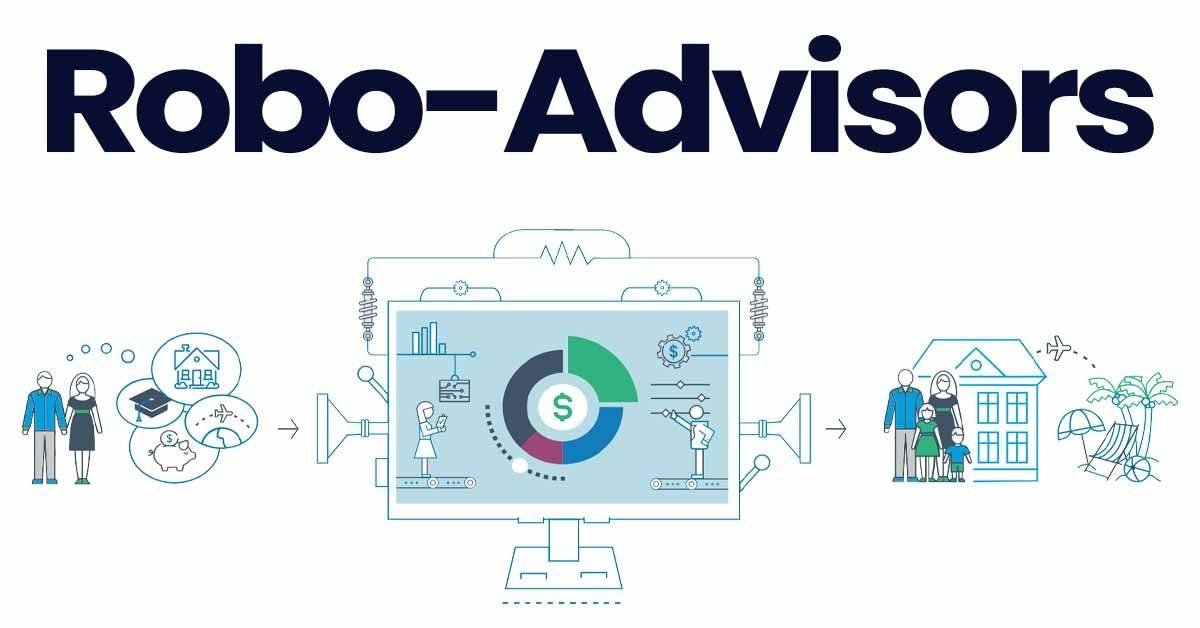In today’s fast-paced digital world, investing has become more accessible than ever thanks to innovations like robo-advisors. These automated platforms offer algorithm-driven financial planning services with minimal human intervention. Before diving into whether robo-advisors are the right choice for your investment strategy, let’s explore their key advantages and potential drawbacks.
Pros of Using Robo-Advisors
1. Cost-Effective Solutions:
Robo-advisors typically charge lower fees compared to traditional financial advisors. Their automated nature allows them to operate efficiently without the overhead costs associated with human advisors.
2. Accessibility and Convenience:
Investors can access robo-advisors anytime, anywhere, through web or mobile platforms. This accessibility appeals particularly to younger investors who prefer managing their finances digitally.
3. Diversification and Risk Management:
These platforms use sophisticated algorithms to create diversified portfolios based on your risk tolerance and financial goals. They continuously monitor and rebalance investments, ensuring your portfolio stays aligned with market conditions.
4. Transparency and Objectivity:
Robo-advisors provide transparent insights into portfolio performance and fees, fostering trust among users. Their algorithmic approach eliminates human biases that can influence investment decisions.
5. Entry-Level Investment Guidance:
For novice investors, robo-advisors offer educational resources and simplified investment options, making it easier to start investing with minimal financial knowledge.
Cons of Using Robo-Advisors
1. Limited Personalization:
While robo-advisors offer personalized portfolios based on user inputs, they may lack the nuanced understanding that a human advisor can provide regarding unique financial situations or complex goals.
2. Lack of Human Interaction:
Some investors prefer face-to-face interactions and personalized advice from a human advisor, which robo-advisors cannot replicate. This absence of human touch may deter individuals seeking a more empathetic approach to financial planning.
3. Potential Technology Risks:
As with any digital platform, robo-advisors are vulnerable to technical glitches or cybersecurity threats. Investors should be vigilant about the security measures implemented by the platform to protect their financial data.
4. Complex Financial Situations:
For individuals with intricate financial circumstances such as estate planning, tax strategies, or specialized investment needs, robo-advisors may not offer the depth of expertise required to navigate these complexities effectively.
5. Market Limitations:
While robo-advisors excel in managing straightforward investment portfolios, they may struggle during periods of extreme market volatility or unusual economic conditions where human intuition and adaptability could provide an edge.
Conclusion
Robo-advisors represent a revolutionary approach to investment management, offering cost-effective, accessible, and automated solutions for a wide range of investors. Their advantages include lower costs, convenience, and effective portfolio management, making them a viable option for many individuals looking to grow their wealth intelligently.
However, potential drawbacks such as limited personalization, the absence of human interaction, and technological risks underscore the importance of evaluating whether a robo-advisor aligns with your specific financial goals and preferences.
Ultimately, the decision to use a robo-advisor should be informed by your comfort level with technology, investment objectives, and the complexity of your financial situation. By weighing these factors carefully, you can determine whether leveraging robo-advisors for investment aligns with your long-term financial strategy.
This blog aims to provide comprehensive insights while incorporating SEO-friendly keywords to enhance visibility and relevance in search engine results.
